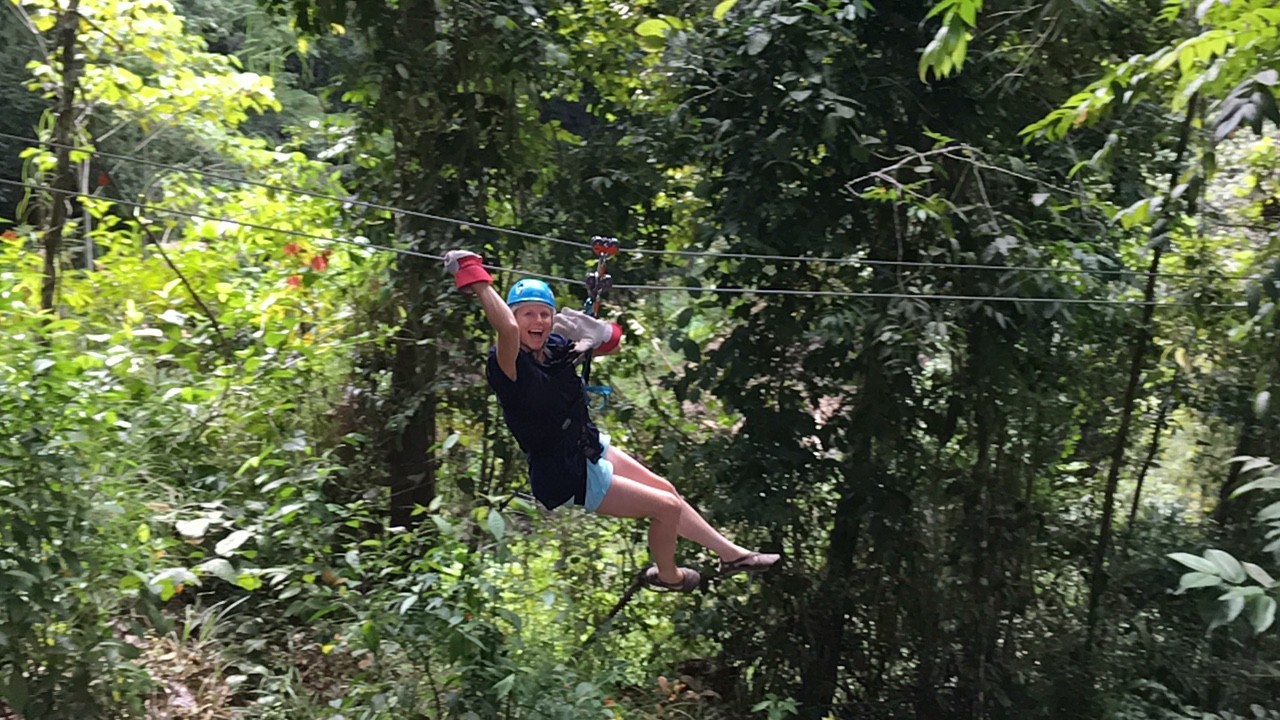
Pha Tad Ke had the opportunity to connect with writer Jennifer Prince this week, whose commitment to philanthropy and conservation inspired us to have her in our first conservation blog series article at PTK. Below is what she had to say about travel and conservation:
Q: How has travel inspired you to be a better person?
For me, travel is about exploring. What inspires me is what is unique to the location… people, cuisine, history, nature. It’s all interesting to me and gives me a better world view through those experiences.
In a more “selfish” way, I would also say that travel gives my mind something to focus on other than responsibilities, work and other things that I do daily. It is a way to escape and totally immerse myself in another region and sometimes even another culture.
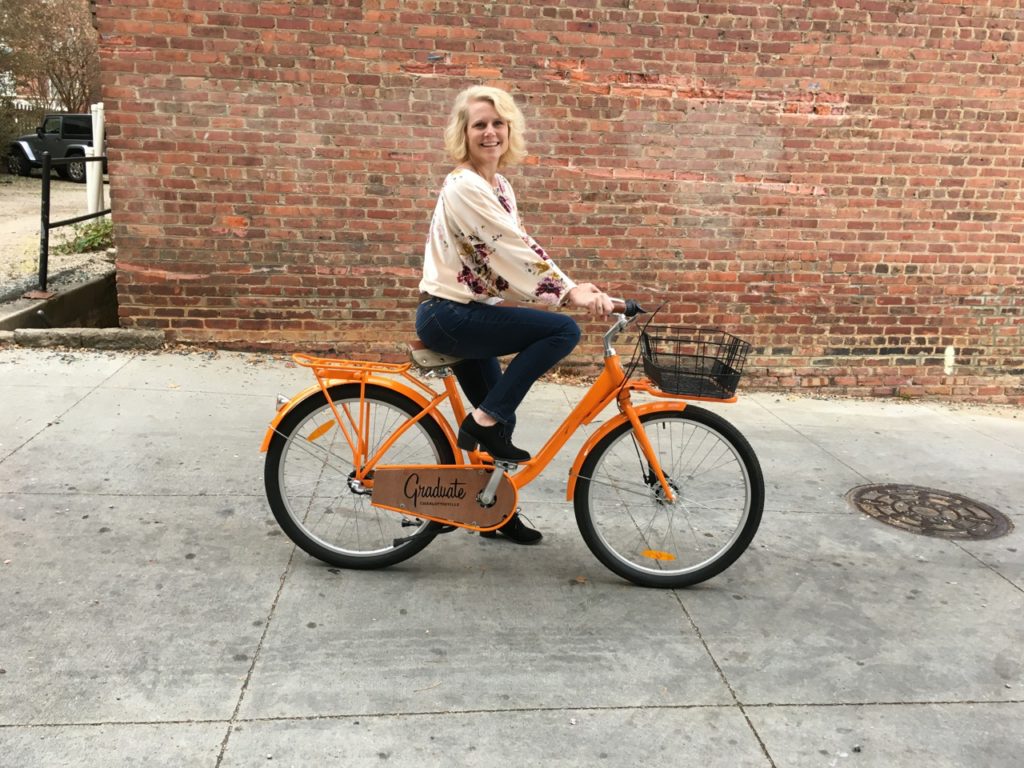
Q: What one travel experience changed your life and why?
I travel both for pleasure and for philanthropic efforts and have had the opportunity to teach English in China, instruct children in Nepal and visit deaf and blind schools in Africa.
I would say that the experience that changed me most was visiting a home for children in Burundi, Africa. Many women can’t afford to keep their babies, therefore a large number of newborns are abandoned.
I had the opportunity to hold a baby who had just arrived at a children’s home that same morning – a newborn who had a bit of head trauma. She was found injured under a bush by the side of the road. I kept looking at her peacefully sleeping in my arms. To think that she was safe in her mother’s womb and then discarded once she left that safety impacted me so much. It made me realize how different life looks for women – and children – in other countries. That has forever impacted me.
Q: Why should people care about biodiversity conservation?
Having a background as a science teacher, conserving biodiversity is of the utmost importance. Each area has its own unique mix of living things – plants, animals, microorganisms – and nonliving things – rocks, water, soil – that are set to coexist together in a certain location and climate.
The ecosystem at the top of a mountain is vastly different than the ecosystem in a part of the warm sea. Respecting these unique combinations is for the good of the organisms living there and also for the earth overall.
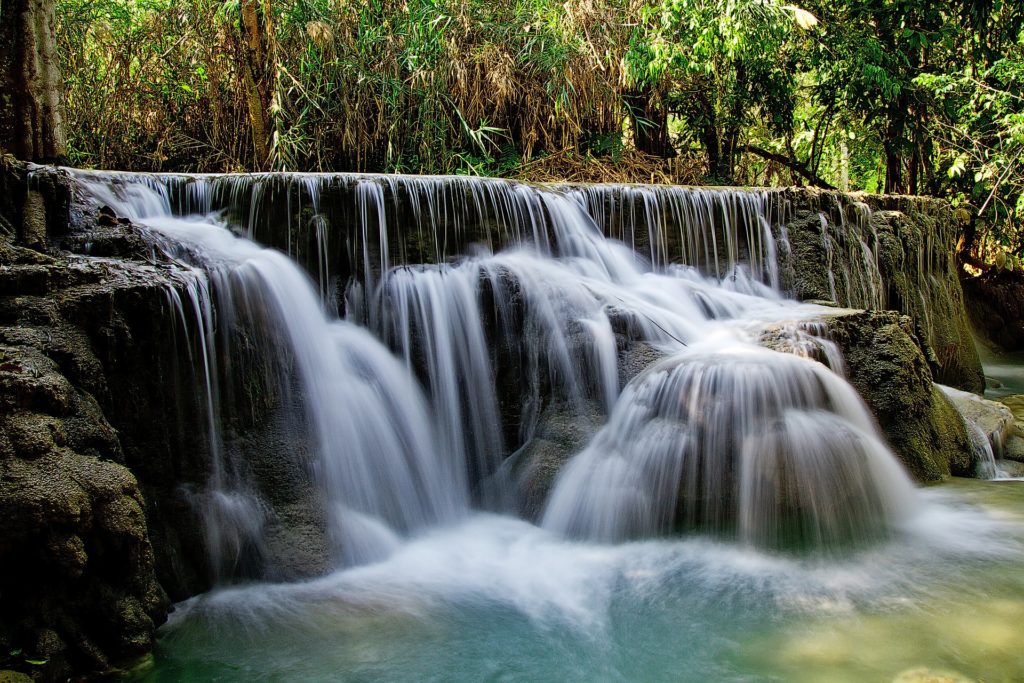
Q: What does the word ecotourism mean to you? And how do you play your part in that movement?
The concept of ecotourism can relate to scientists conducting studies or merely to the traveler who is curious about observing what other areas are like. No matter the motivation, ecotourism is important for both awareness and conservation worldwide.
I believe that ecotourism involves being responsible. We need to appreciate what is in a location while also being respectful. I’ve seen signs at these locations such as “take only photos” and “leave only footprints” indicating that we should leave things as we found it. You wouldn’t go into your neighbor’s home and steal or leave things a mess (hopefully!), so we should have the same philosophy while traveling.
Organisms live in that location and depend on a stable environment, so yes – enjoy and take photos – but also don’t litter, make loud noises or take foliage or animals. I try to be careful where I step and leave things as I found them (unless there’s litter – I’ll pick that up!).
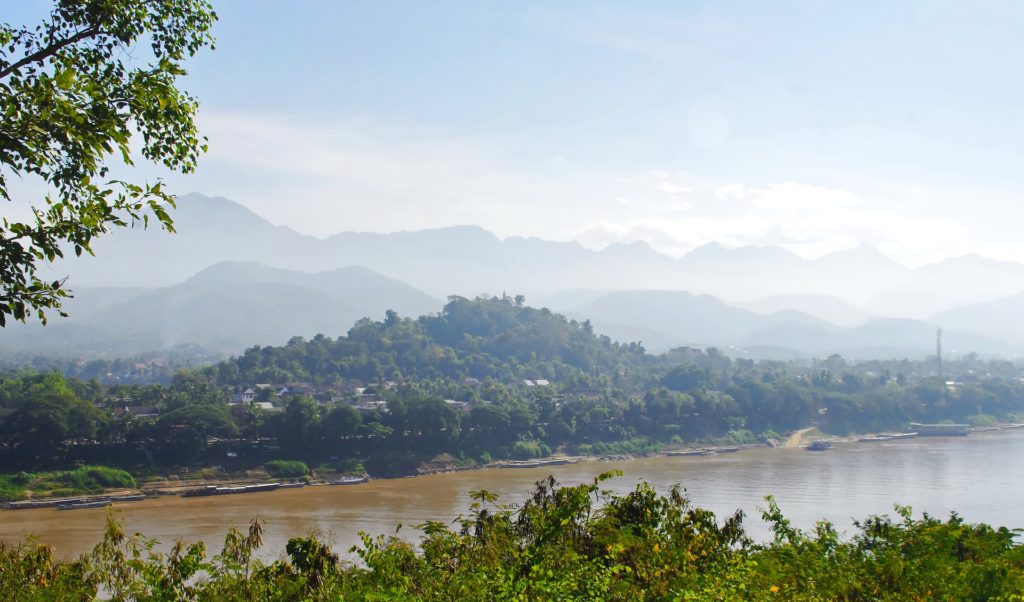
Q: What about Laos or Luang Prabang is interesting to you?
Luang Prabang is such a beautiful area. Even if you’ve only seen photos of its striking waterfalls and lush greenery, it just evokes a sense of peacefulness and calm. From farmland and waterways to a marketplace and quaint village, this area of Laos is clean and nestled among rolling hills. What a gorgeous place! I’ve also been to other UNESCO World Heritage Sites, and the fact that Luang Prabang is one says a lot about the location itself, which is intriguing.
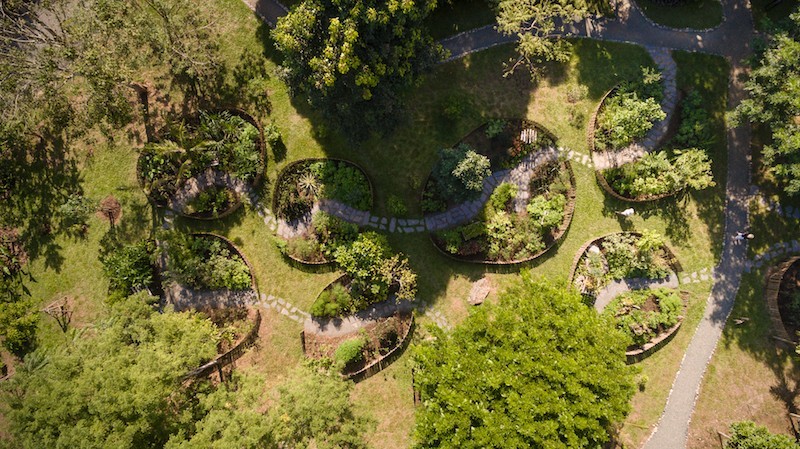
Q: Pha Tad Ke Botanical Garden is Laos’ first botanical garden dedicated to biodiversity conservation, sustainable agriculture and ecotourism. Why is their work important to you?
No matter where you visit a botanical garden around the globe, they are lovely ways to observe nature in a location that is specifically designed to do so. You may not be able to travel to all of the different locations to observe ecosystems, so being able to see a curated collection (and learn what the plants are) is both interesting and enjoyable. The educational aspect of Pha Tad Ke is a way to teach both visitors and the people of Laos how to take care of our earth and participate in conservation efforts. Botanical gardens are lovely – walking through them is good for the mind and soul.
Jennifer Prince is an inspiring writer who runs successful sites such as http://www.hillcitybride.com/ and http://travellikeaprince.com/. Pha Tad Ke is honored to be partnered with her as we work together to advance conservation efforts around the world. Thank you for taking the time to read this interview, and contact david@pha-tad-ke.com if you have interest in being interviewed next.
Pha Tad Ke recently launched Green Thumb to enable people to participate in a crowdfunding tournament that supports conservation efforts in Laos. You could also have the chance to spend 3 months as a social impact CEO with our team if your tournament team does well. So, what are you waiting for? Click here to learn more.



